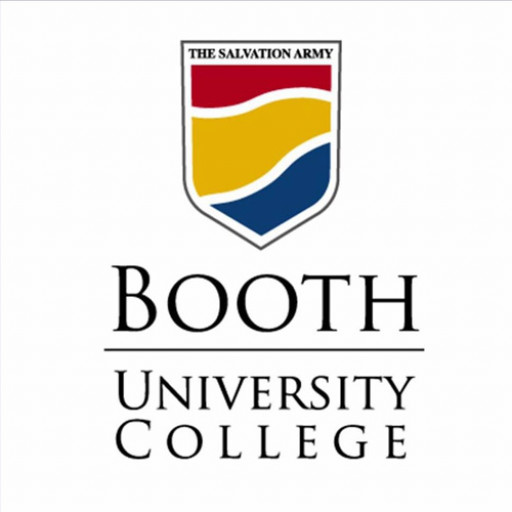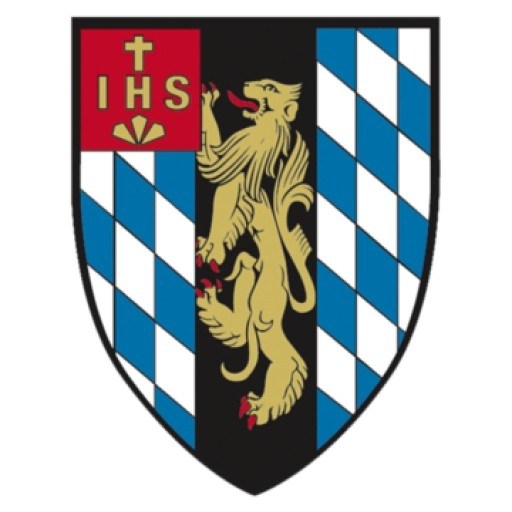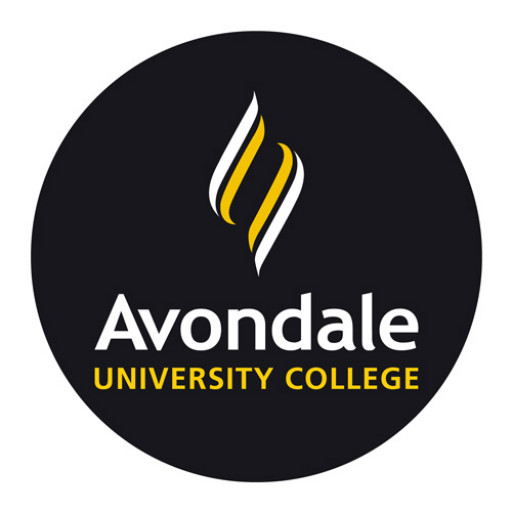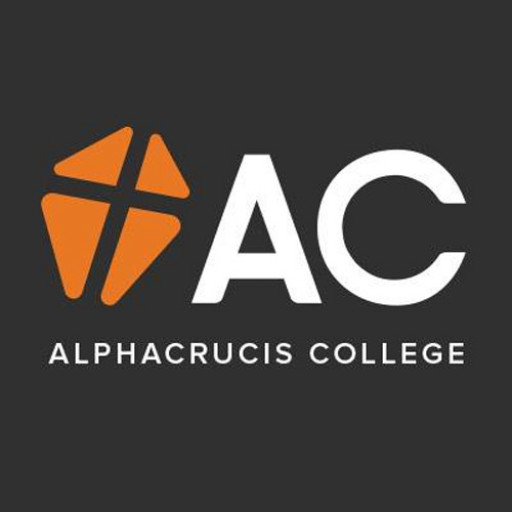Photos of university / #oxford_uni
The Theology program at the University of Oxford offers students a comprehensive and in-depth exploration of religious beliefs, doctrines, texts, and practices across a range of faith traditions. Designed to cultivate critical thinking, analytical skills, and a deep understanding of the historical, philosophical, and cultural contexts of religious traditions, this program provides an excellent foundation for careers in academia, chaplaincy, education, public service, and related fields. Throughout the course, students engage with primary religious texts, contemporary theological debates, and interdisciplinary perspectives, fostering a nuanced appreciation of the role of religion in shaping societies and individual lives. The program emphasizes both historical development and contemporary applications of theology, encouraging students to examine the moral, ethical, and social implications of religious beliefs and practices. Students have access to world-class faculty who are leading scholars in their respective fields, offering expert guidance and mentorship. The curriculum includes lectures, seminars, tutorials, and research projects, allowing students to develop a personalized approach to their studies. The program also provides opportunities for interdisciplinary study, including connections with philosophy, history, literature, and politics, enriching students’ understanding of religion’s influence on various aspects of human life. Through rigorous assessment methods, including essays, examinations, and dissertations, students are challenged to articulate their ideas clearly and persuasively. Graduates leave the program well-equipped with both theoretical knowledge and practical skills, prepared to contribute thoughtfully to discussions on religion and society or to pursue further academic research. The Oxford Theology program upholds the university’s tradition of academic excellence and intellectual rigor, fostering a vibrant scholarly community where diverse perspectives are valued and explored.
You will join the faculty as a Probationary Research Student (PRS) and apply for transfer of status usually within your first year. There is a further assessment of your work and progress in your third year. The degree is awarded on the successful completion of your research thesis and an oral examination.
A supervisor, or supervisors, will provide support and guidance and help you develop your ideas, direction and a programme of research. You will be part of an active and vibrant community of graduate research students within the Faculty of Theology and Religion.
You will be encouraged to attend and contribute to a wide range of research seminars, workshops and conferences held within the faculty and across the wider Humanities Division.
There are opportunities to attend and participate in the faculty’s professional development sessions, preparatory teaching workshops and graduate teaching training scheme.
The DPhil in Theology offers access to a wide variety of experienced specialists in many different fields of theology and religion. The course is designed to provide an extensive range of research skills, as well as in-depth knowledge and expertise in your chosen field of research.
Students admitted to the DPhil will most often have acquired one of the Faculty of Theology and Religion's MSt or MPhil degrees within their area of research, ie theology, religious studies or another closely-related field. It is customary for students to incorporate their master's dissertation into their doctoral thesis.
Students in possession of an equivalent master's degree from another institution may apply to have this requirement waived. The faculty considers such waivers on a case-by-case basis and may recommend applicants to consider an MSt or MPhil degree in their initial application to the University.
Part-time study
Part-time students are required to attend for a minimum of thirty days of university-based work each year. The DPhil in Theology is not available by online or distance learning.
Applicants are normally expected to be predicted or have achieved a first-class or strong upper second-class undergraduate degree with honours (or equivalent international qualifications), as a minimum, in theology, religious studies or another closely-related field.
Students admitted to the DPhil will most often have acquired either the faculty's MSt or its MPhil degree within their area of research. It is customary for students to incorporate their master’s dissertation into their doctoral thesis. Students in possession of an equivalent master's degree from another institution may apply to have this requirement waived. The faculty considers such waivers on a case-by-case basis, and may recommend applicants to consider an MSt or MPhil degree in their initial application to the University.
Entrance is very competitive and most successful applicants have a first-class undergraduate degree and a grade of 66% or above in a relevant master's degree.
For applicants with a degree from the USA, the minimum GPA sought is 3.7 out of 4.0.
If you hold non-UK qualifications and wish to check how your qualifications match these requirements, you can contact the National Recognition Information Centre for the United Kingdom (UK NARIC).
Dependent on your chosen project, you may be required to have reached a sufficient level in a language or languages relevant to your study such as Hebrew, Greek, Latin or Arabic.
Other examination results may be submitted alongside degree qualifications. If offered, the minimum Graduate Record Examination (GRE) score sought is 160 and the minimum GMAT score sought is 600.
- Official transcript(s)
- CV/résumé
- Research proposal: Around two pages
- Written work: Two essays of 2,000 words each
- References/letters of recommendation:Three overall, generally academic
ENGLISH LANGUAGE REQUIREMENTS
Higher level
|
Test |
Standard level scores |
Higher level scores |
||
|
IELTS Academic |
7.0 | Minimum 6.5 per component | 7.5 | Minimum 7.0 per component |
|
TOEFL iBT |
100 |
Minimum component scores:
|
110 |
Minimum component scores:
|
| Cambridge Certificate of Proficiency in English (CPE) | 185 |
Minimum 176 per component |
191 |
Minimum 185 per component |
| Cambridge Certificate of Advanced English (CAE) | 185 |
Minimum 176 per component |
191 |
Minimum 185 per component |
- Global Education
- Hill Foundation Scholarships
- Ertegun Scholarship Programme
The Theology program at the University of Oxford offers an intensive and comprehensive study of Christian theology, biblical studies, and related disciplines. Typically available as both an undergraduate degree (BA) and a postgraduate degree (MSt or DPhil), the program provides students with a deep understanding of religious texts, doctrinal developments, and the historical context of Christian thought. The curriculum covers various aspects of theology, including biblical interpretation, systematic theology, the history of Christian thought, ethics, and the relationship between religion and contemporary issues. Students have the opportunity to engage with primary texts in their original languages and develop critical skills necessary for scholarly work or pastoral practice.
At the undergraduate level, the BA in Theology and Religion usually spans three years, with options for specialisation in areas such as Biblical Studies, Christian Doctrine, or Philosophy of Religion. The program encourages independent research, critical analysis, and a broad appreciation of religious traditions and their influence on culture and society. The tutorial-based teaching method ensures personalized academic guidance, with students participating in regular small-group discussions with tutors who are leading scholars in their fields.
Postgraduate programs at Oxford in Theology include master's courses like the MSt in Theology and Religion, which typically last one or two years, and doctoral research opportunities leading to the DPhil. The MSt allows students to explore specific topics in greater depth, often involving coursework and a dissertation. The DPhil offers an extensive research experience, resulting in an original thesis that contributes to academic scholarship.
Facilities and resources for theology students include access to the Bodleian Library's extensive collections of theological texts, manuscripts, and digital resources. The university's vibrant academic community fosters interdisciplinary engagement, with connections to other faculties such as Classics, Philosophy, and Oriental Studies. Many graduates go on to careers in academia, ministry, education, or public service, benefiting from the rigorous training and critical thinking skills developed during their studies.
Research in the department often focuses on areas such as biblical languages and exegesis, historical theology, contemporary religious issues, and the intersection of faith and society. Students are encouraged to participate in seminars, conferences, and collaborative projects, contributing to the ongoing development of theological understanding. Overall, the Oxford Theology program aims to cultivate knowledgeable, reflective, and ethically responsible individuals equipped to address complex questions about faith, morality, and human existence in a globalized world.







